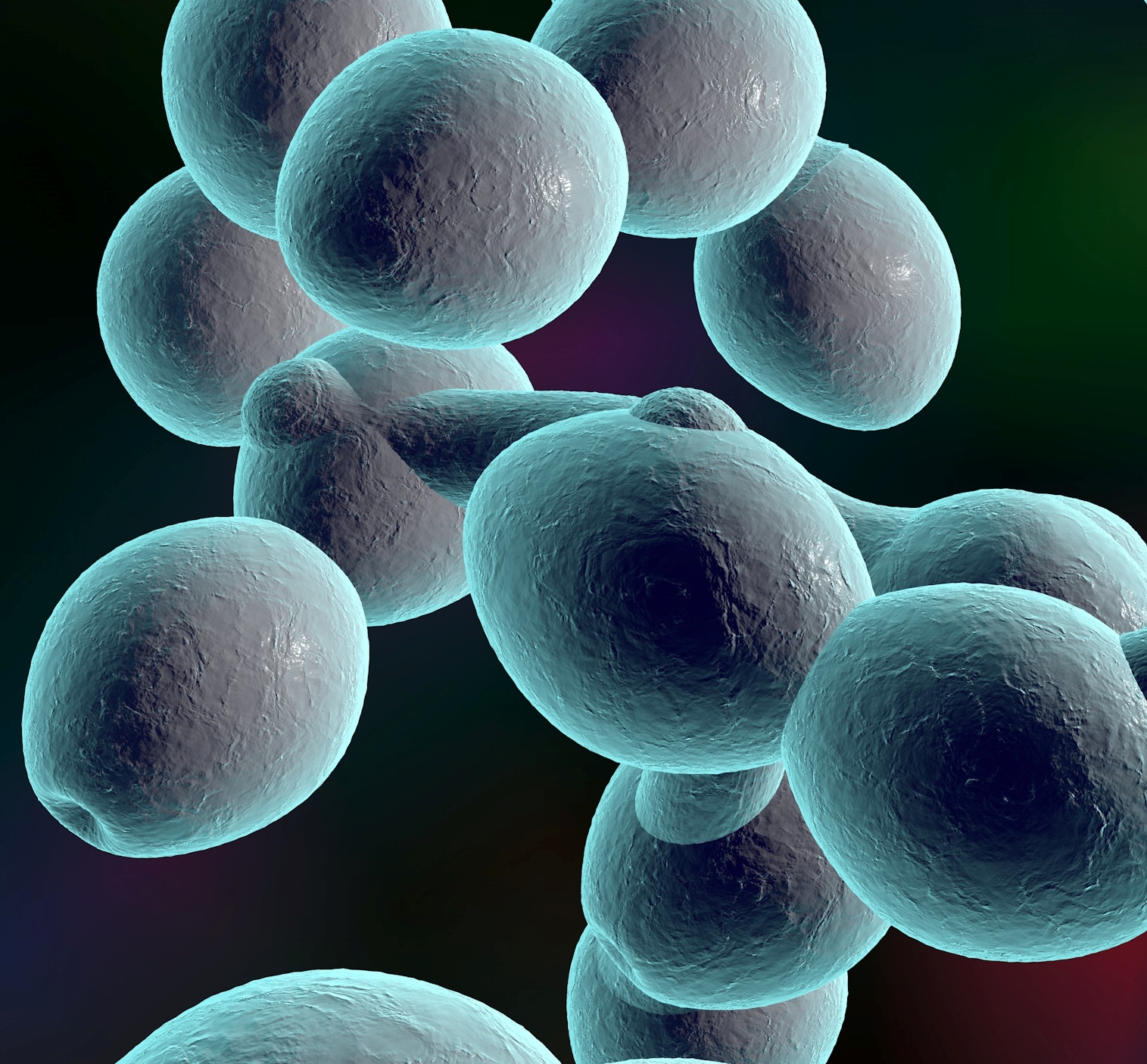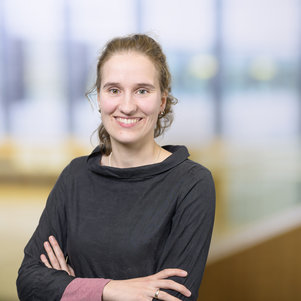Ethanol is a key renewable building block for a circular economy as there are many ways to sustainably produce it from CO2. Moreover, it can be sustainably converted into various valuable end products.
Co-cultures abound in nature. What is their evolutionary advantage and how can we apply it for sustainable biotechnology?
Rinke van Tatenhove-Pel
As part of the Zero Emission Biotechnology research programme, my group will first focus on using defined co-cultures for converting ethanol into protein rich biomass. The ethanol used as input should be sustainably produced, for example from CO2 and green electricity by my colleague Ludovic Jourdin from Bioprocess Engineering. The protein rich biomass produced can then be used for food, but we can eventually steer the process to a variety of products such as bioplastics and pharmaceuticals. Co-cultures being a relatively new field within biotechnology, we are currently developing the platform for rapidly evolving and testing millions of these proof-of-concept microbial mixes with ethanol as an input. We will then zoom in on the most promising co-cultures using more standard techniques.

